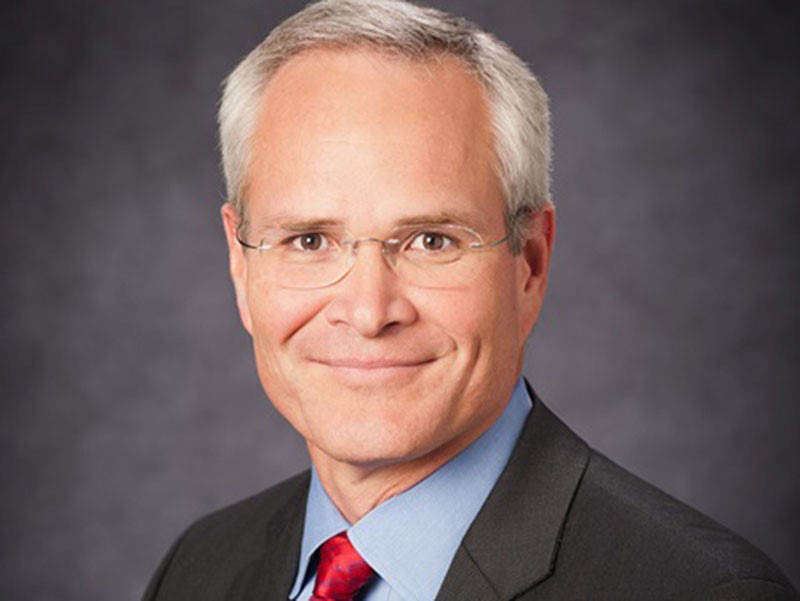ExxonMobil Corporation on Friday announced estimated first-quarter 2022 earnings of US$5.5 billion, or US$1.28 per share assuming dilution.
A release from ExxonMobil said that first-quarter results included an “unfavourable identified item” of US$3.4 billion associated with the company’s planned exit from Russia Sakhalin-1, or US$0.79 per share assuming dilution. First-quarter capital and exploration expenditures were US$4.9 billion.
In its earnings report, ExxonMobil noted that it achieved first oil at the Liza Phase 2 development in Guyana’s waters and that the Payara Floating Production, Storage and Offloading platform construction is approximately five months ahead of schedule with start-up likely before year-end 2023. It also announced five new discoveries here, increasing the estimated recoverable resource base for the Stabroek block to nearly 11 billion oil-equivalent barrels
Oil-equivalent production was 3.7 million barrels per day, down 4% from the fourth quarter of 2021 due to weather-related unscheduled downtime, planned maintenance, lower entitlements associated with higher prices, and divestments.
“The quarter illustrated the strength of our underlying business and significant progress in further developing our competitively advantaged production portfolio,” said Darren Woods, chairman and chief executive officer. “Earnings increased modestly, as strong margin improvement and underlying growth was offset by weather and timing impacts. The absence of these temporary impacts in March provides strong, positive momentum for the second quarter”, he added.
With its balance sheet well within the targeted debt-to-capital range of 20-25%, the company said it had initiated its previously announced US$10 billion buyback programme, repurchasing shares totaling US$2.1 billion during the quarter. The company has increased this programme and now expects to repurchase up to a total of $30 billion through 2023.
Meanwhile, Bloomberg reported that both ExxonMobil and Chevron Corp will together give more cash to shareholders than they invest in oil and gas production this year.
Bloomberg said that the U.S. supermajors will shower investors with a combined US$50.3 billion in stock buybacks and dividends this year, compared with US$37.5 billion in total capital expenditures, according to data it compiled. That gap is the highest since Big Oil’s heyday in 2008. In fact, for 11 of the past 15 years, Bloomberg said that Exxon and Chevron have actually done the opposite: Their combined capital expenditures have exceeded shareholder returns.
Bloomberg said that US President Joe Biden has implored oil companies to reinvest profits from rising oil prices into more production in an effort to rein in rampant inflation and ease the energy shortages caused by Russia’s war against Ukraine. Some U.S. Democrats as well as European leaders have gone further, accusing Big Oil of “profiteering” from high energy prices and calling for a windfall tax on earnings, Bloomberg reported.
“Consumers should not get punched in the face so that Big Oil can stuff its overflowing coffers,” said Robert Weissman, president of Public Citizen, a non-profit consumer advocacy group.
Chevron is “very sensitive” to the needs of consumers, Chief Financial Officer Pierre Breber said on a Friday call with analysts, according to Bloomberg. It said that the oil giant is increasing production in the Permian Basin by at least 15% this year and has become much more efficient in recent years, meaning it can produce more oil with less capital spending than in the past.
Bloomberg said that Exxon is planning its own ramp up in the Permian Basin, with plans to grow output about 25% this year and it’s also accelerating offshore oil developments in Guyana. The Texas-based oil giant is also becoming more efficient due to US$9 billion of cost cuts by 2023, enough to fund more than half its dividend.
However, its first quarter production of 3.7 million barrels a day was the lowest since the merger with Mobil more than two decades ago.
When asked whether high energy prices could mean Exxon would increase capital spending above its guided range, Bloomberg said that Woods was blunt: “The short answer is no.”






